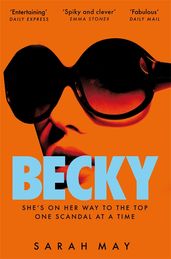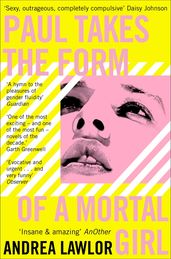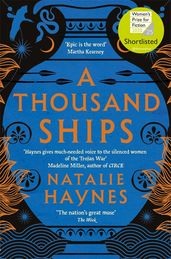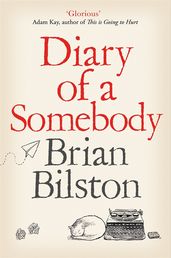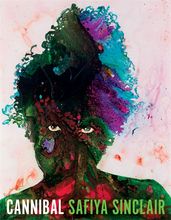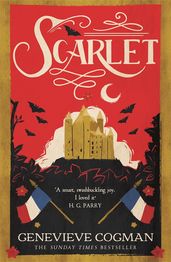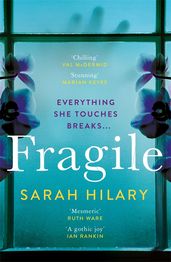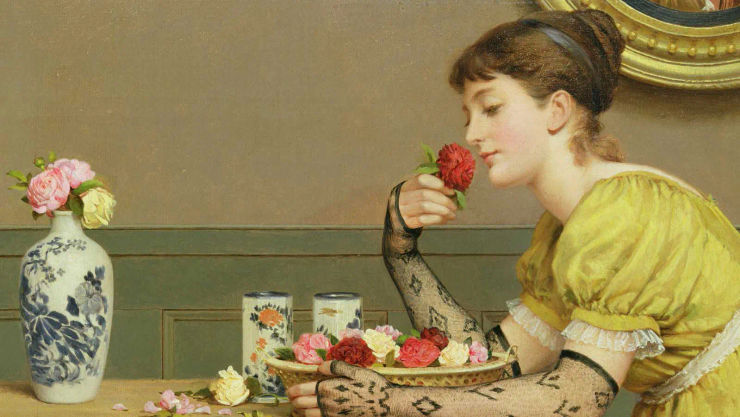The best modern retellings of classic literature
Bringing once-silenced voices to the fore and reimagining stories for present-day audiences, these modern retellings of the classics are not to be missed.

Jean Rhys’s Wide Sargasso Sea gave voice to a previously silenced woman of colour in a feminist retelling of Jane Eyre, Jeanette Winterson’s novel Frankisstein was inspired by Mary Shelley’s gothic story and addresses gender fluidity as well as the possibilities of artificial intelligence. Although sometimes controversial and a daunting task for any writer, reimaginings of the classics see overlooked voices stepping into the spotlight and important themes reassessed in the context of a modern society.
With the propensity to have such an impact on modern readers, retellings of the classics have surged in popularity in recent years, driving authors from Margaret Atwood to Val McDermid to participate in projects to bring classics from Shakespeare and Jane Austen to new audiences. Here’s our edit of the best modern retellings of classic literature.
James
by Percival Everett
In Percival Everett's latest novel, he lays out a precise and painful depiction of the Antebellum South. The novel is told from the perspective of James (formerly ‘Jim’), the affable companion of Huckleberry Finn in Mark Twain’s eponymous novel. Crucially in Everett’s re-telling, James is resurrected from the graveyard of racist archetypes (in this case, the docile, obedient, noble slave who values his master’s life over his own), and is given multiple dimensions and a character arc of his own: when James embarks on a quest to secure his wife and daughter’s freedom, Huck tags along for the ride.
Becky
by Sarah May
Explicitly and directly inspired by Thackeray's nineteenth-century novel, Becky is Vanity Fair meets Succession, the action transported to nineties tabloid-era London where our eponymous anti-hero works her way up the journalistic greasy pole. Scoop after scoop, Becky's downfall looms as she becomes more and more involved in every scandal her newspaper publishes and cares less and less about the lives she ruins in the process. Unlike Thackeray, Sarah May gives Becky control of the narrative voice and the first-person perspective gives us an unfiltered view into her complicated and compromising motives.
Paul Takes the Form of a Mortal Girl
by Andrea Lawlor
Inspired by the life of her lover, Vita Sackville-West, Virginia Woolf’s Orlando is a fictitious biography of a young Elizabethan nobleman who wakes one morning to find himself a woman. But what if he were a gay university student from the 90s who could shapeshift at will into a man or woman’s body? This is the reality for Paul Polydoris, the star of Andrea Lawler’s radical retelling, Paul Takes the Form of a Mortal Girl.
A Thousand Ships
by Natalie Haynes
Taking inspiration from The Odyssey, The Iliad, The Aeneid and many more Greek myths, Natalie Haynes retells the story of The Trojan War and its aftermath from the perspective of those who were originally silenced: the girls, the women and the goddesses. Impeccably researched, A Thousand Ships takes the stories we are so familiar with and gives them a refreshing, feminist twist.
Diary of a Somebody
by Brian Bilston
Brian Bilston’s Diary of a Somebody is a brilliant spin-off of George and Weedon Grossmith’s original comic tale, The Diary of a Nobody. Both told in diary form, George and Weedon document the ups and downs of pompous Charles Pooter in a satire of middle-class suburbia. Whilst using poetry, Brian navigates the everyday monotony of spreadsheets, ex-wives and his arch-nemesis, Toby Salt.
Cannibal
by Safiya Sinclair
Shakespeare’s The Tempest is a poetic evocation of storms and island life, rife with magic, romance and politics. Inspired by this masterpiece, Safiya Sinclair’s poetry collection Cannibal mirrors many of the same themes as she explores postcolonial identity, her childhood in Jamaica and the female body.
Scarlet
by Genevieve Cogman
If you fancy a take on the classic Scarlet Pimpernel story with added magic and even more mayhem, Genevieve Cogman's latest fantasy wonder is for you. Revolutionary France is no place to be, especially for aristocrat vampires facing the guillotine. But the League of the Scarlet Pimpernel are determined to rescue them. And they have an ace up their sleeve: Eleanor, a lowly maid from an English estate with a striking resemblance to French royalty. For Eleanor, the League and their legendary deeds are little more than rumour – until she’s drawn into their most dangerous plot yet.
The Other Bennet Sister
by Janice Hadlow
Helen Fielding’s hilarious and heartwarming Bridget Jones’s Diary reimagined Elizabeth Bennet and Mr Darcy’s romance in mid-nineties London, but readers and writers alike have traditionally had little time for the overlooked middle Bennet sister Mary. Janice Hadlow, however, gives life to Mary Bennet, cast aside amidst the glory of her sisters. In The Other Bennet Sister, we see Mary as a person fighting for validation in a family where she feels she doesn’t belong, but for whom there might be a happy ending after all.
Fragile
by Sarah Hilary
Fragile is a modern Gothic psychological thriller with a contemporary twist on the classic novel Rebecca, from award-winning and critically acclaimed writer Sarah Hilary. Nell Ballard is a runaway. A former foster child with a dark secret she is desperate to keep, all Nell wants is to find a place she can belong. So when a job comes up at Starling Villas, home to the enigmatic Robin Wilder, she seizes the opportunity with both hands. But her new lodgings may not be the safe haven that she was hoping for. Her employer lives by a set of rigid rules and she soon sees that he is hiding secrets of his own.
Wide Sargasso Sea
by Jean Rhys
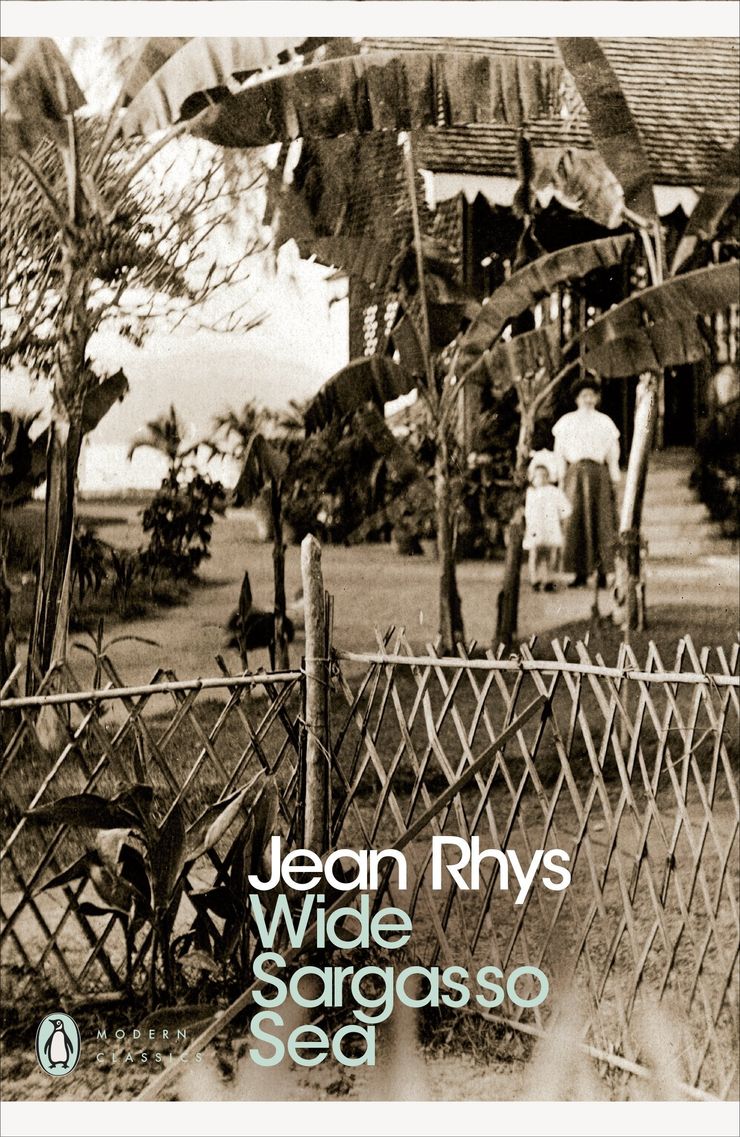
This feminist retelling of Jane Eyre gives us the other side of the story, told from the point of view of Bertha Rochester. When heiress Antoinette Cosway, living in the oppressive colonial society of 1930s Jamaica, meets a young Englishman, he is immediately drawn to her innocent beauty and sensuality. But, after their marriage, disturbing rumours begin to turn her husband against her. As he is driven into the arms of another woman, Antoinette is driven towards madness.
Frankissstein
by Jeanette Winterson
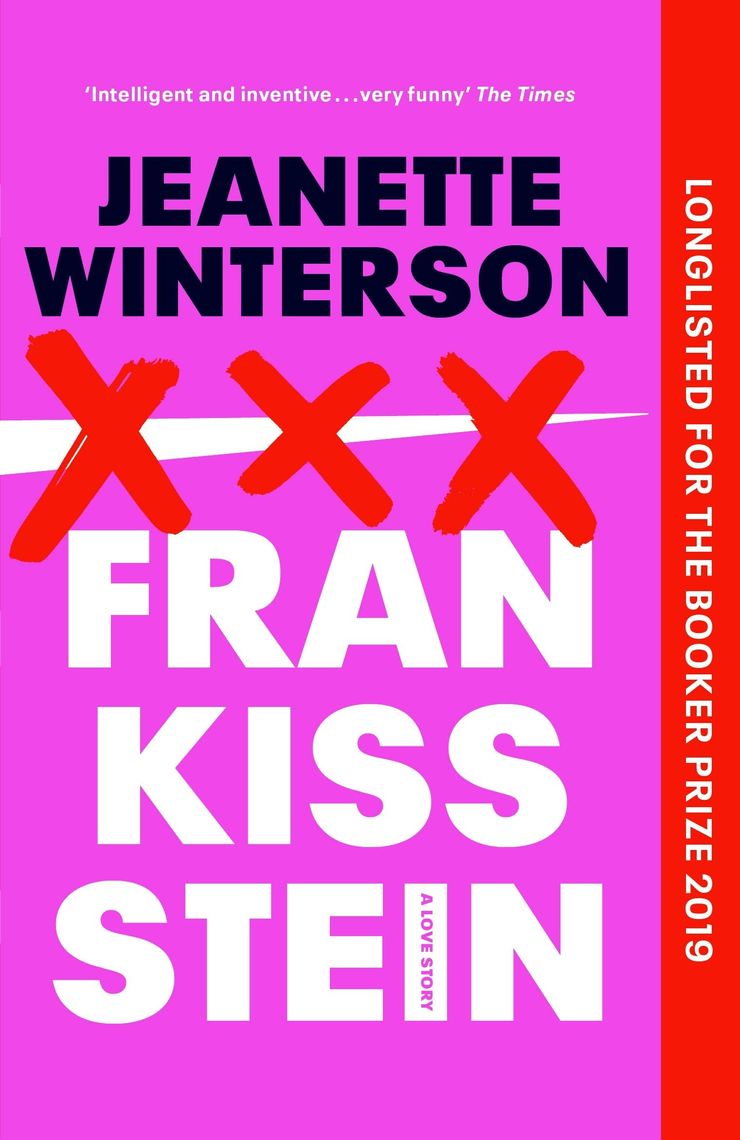
Jeanette Winterson’s funny and inventive novel is inspired by Mary Shelley’s gothic masterpiece Frankenstein, and ranges from 1816, when Mary Shelley wrote her novel to a present-day cryonics facility where the dead wait to return to life. Young transgender doctor Ry is falling in love – against their better judgement – with celebrated AI-specialist, Professor Victor Stein, while Ron Lord plans to make his fortune with his range of sex dolls for lonely men.

